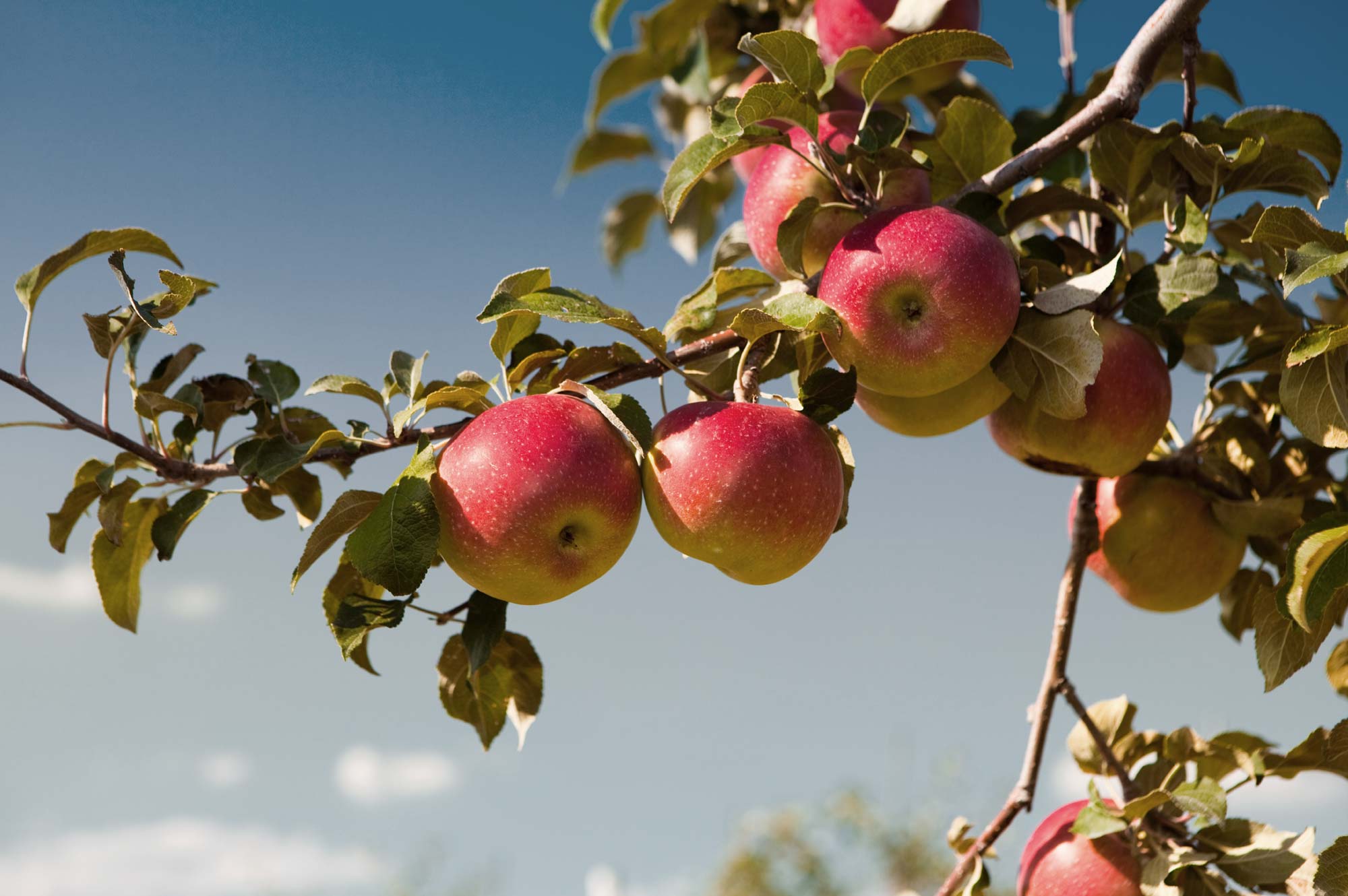Honeybee health and beekeeping
Bees and other pollinators play an important role in the production of our food. Without bees, pollination would be very severely reduced, and without pollination, agriculture would be almost inconceivable.
Bees are also reliable indicators of the health of agricultural ecosystems.
Monocultures and intensive farming relying on pesticides are two key causes of the decline in bee populations across the EU, which have shrunk by 30% a year for the past decade.
Furthermore, the possibility of honey being contaminated with GMO pollen threatens its image as a healthy food.
What was the Greens' position?
The Greens want a ban on pesticides like neonicotinoids which are harmful to bees.
We are also calling for the application of the precautionary and polluter-pays principles to GMOs, GMO contamination of honey, and costs incurred by beekeepers.
We want to see an urgent transition to bee-friendly, sustainable farming that refrains from turning entire landscapes into monocultures.
Did other MEPs accept the Greens' position?
The Greens successfully obtained a ban on the most toxic bee-killing pesticides (neonicotinoids).
We also managed to build new alliances inside Parliament with MEPs from across the political spectrum, as well as externally, with environmental NGOs and, most importantly, the traditionally conservative beekeeping community.
Our call for a ban on neonicotinoids ultimately led the Commission to enforce a partial ban of these toxic bee-killing pesticides.
Which points did the Greens lose?
Procedure:Own-initiative procedure
Reference(s):2011/2108(INI)
Lead MEP:Csaba S谩ndor Tabajdi (S&D)
Green MEP responsible:Jos茅 Bov茅
Voted:15/11/2011
Staff contact:Andrzej Nowakowski (Email)
Outcome of the vote
Below you find the results of the final vote in plenary. How did the political groups vote? What about national delegations? And what was the position of your MEP?
